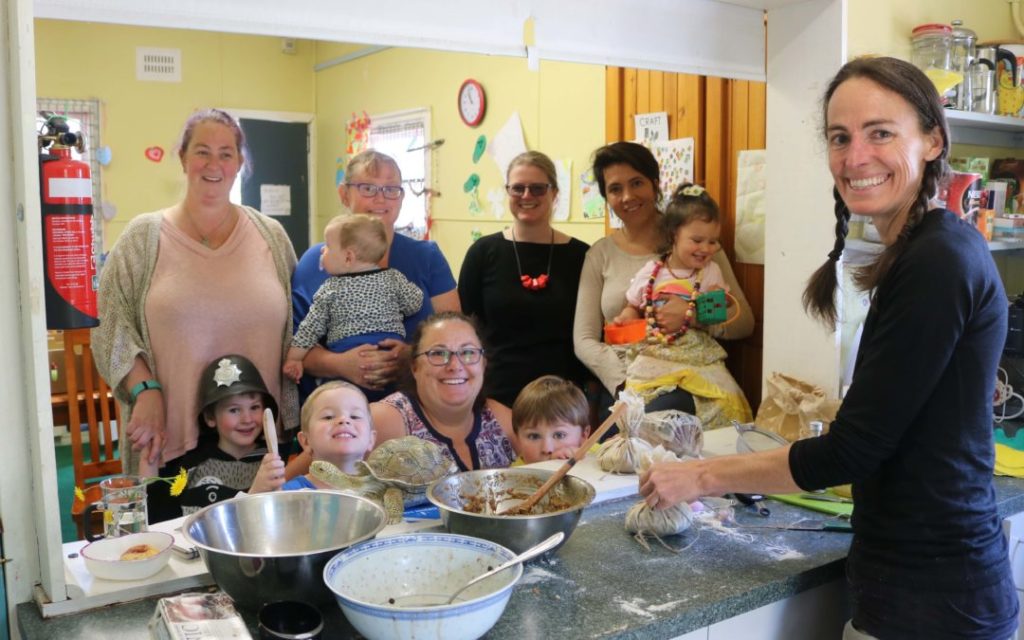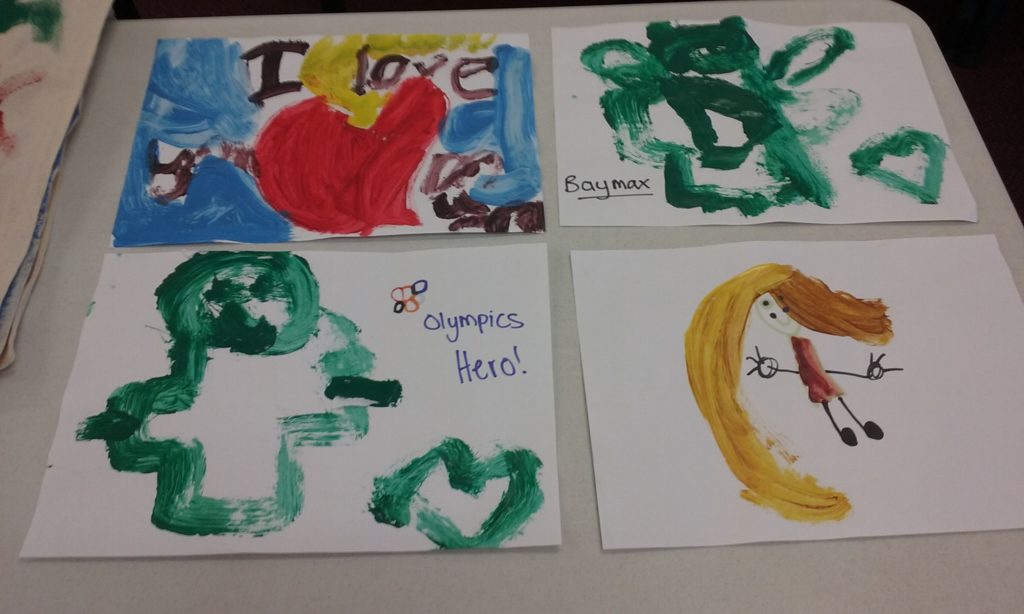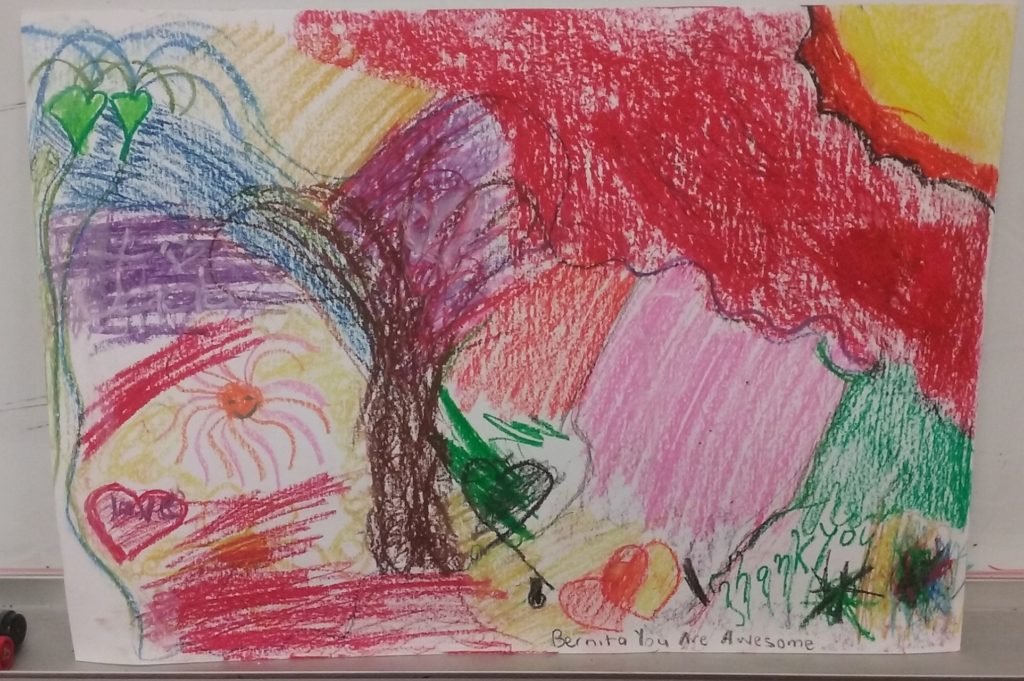Foundation for Rural & Regional Renewal (FRRR)
New program offers grants up to $150,000 in rural NSW and VIC to improve health services
Bendigo, 31 May 2018: It’s no secret that distance and isolation place rural and regional communities at greater risk of poorer health outcomes and management. To provide much-needed support, the Foundation for Rural and Regional Renewal (FRRR) has launched a new funding program that will help to improve health outcomes for people living in rural, regional and remote New South Wales and Victoria.
The Enhancing Country Health Outcomes (ECHO) program will provide grants for charitable initiatives that strengthen, improve accessibility and retain quality primary health care services in local communities.
The funding for this program comes via Beyond Medical Education, which closed down due to changes in government policy and transferred their funds to FRRR. Thanks to this generous donation, grants of up to $150,000 are available for projects to be delivered over two-years from October 2018. Approximately $ 825,000 is available over two rounds.
FRRR CEO, Natalie Egleton says that priority will be given to locally driven initiatives that support primary health care.
“Basic health services, programs and equipment are vital to the sustainability of small communities. Through ECHO, we can support local communities to attract resources and implement best practice sustainable models to help local residents to live and thrive in their communities.
“FRRR has previously supported a number of projects that achieved better health outcomes for community members. For example, we funded the Australian College of Optometry to purchase a slit lamp to enhance the level of eye care in Ouyen, Victoria. Patients can now receive early intervention and be treated locally rather than travelling 100 km for specialist appointments. This program will mean that there can be more of these kinds of local initiatives,” said Ms Egleton.
Other projects that could be eligible include primary health care training and leading-edge professional development in a rural and remote context; measures to enhance the retention of primary healthcare services in rural and remote locations; or fostering local partnerships to develop better primary health care models in their community. Full details and other examples are available in the program guidelines.
Lynda Vamvoukis, a former CEO of Beyond Medical Education, said that in gifting the remaining funds to FRRR, the Board wanted to ensure funds were available to community groups that are focused on addressing local primary health care needs.
“Quality primary health services and building long term, sustainable relationships are critical, especially in rural and regional areas. This program provides support on the ground for collaborative, multidisciplinary and integrated projects that respond to specific primary health care issues within a local community,” said Ms Vamvoukis.
Applications for the ECHO program close on 9 July 2018.
Bendigo, 2nd March 2018: The Foundation for Rural and Regional Renewal (FRRR) has announced that three NSW communities will be the first to trial a new national framework to improve community disaster preparedness and resilience.
The pilot communities are Ocean Shores, Wee Waa and North Richmond. With support from the NSW Government through the Office of Emergency Management, as well a number of philanthropic partners, the pilots will identify effective approaches to building community resilience and determine what is needed for their communities to be better prepared and more resilient in the event of a natural disaster.
These three pilots are the first in the Disaster Resilient: Future Ready program, which will empower local communities to co-design a framework and provide an evidence base that aims to ultimately increase awareness of risk and build capacity to strengthen the disaster preparedness and resilience of communities throughout NSW and Australia.
Natalie Egleton, CEO of FRRR says that with more frequent and severe natural disasters, there is clear evidence that their effects can be mitigated with better community preparedness but that each community needs to be involved in developing its own approach that is relevant to their context.
“We know that when communities are better prepared for disasters, they recover faster and more effectively than those that are not. So, we are using the latest research into how communities can build their resilience to inform these community-led, place-based pilots.
“Each of the pilot communities is either at-risk or has experienced the impact of a natural disaster in the past. Most importantly, they have the capacity and interest to participate in this new approach to developing community-led preparedness.
“To help us develop this into a national framework and ensure it is robust, we have engaged the University of Sydney to support and evaluate the co-design process and the approaches adopted by pilot communities.
“Local leaders will use the framework to identify priority community initiatives, which we intend to fund with grants. The projects will be evaluated to establish evidence of best practice approaches that can be adopted and adapted on a national-scale for other communities, so they too can improve their preparedness and resilience,” explained Ms Egleton.
FRRR has been able to develop and implement this program with the generous support of partners including Prince’s Trust Australia, Ronald Geoffrey Arnott Foundation, a number of private donors and the NSW Government.
FRRR estimates that this project requires a minimum of $1.5 million over the next three years to deliver the program nationally.
The Blue Mountains Food Co-operative has been supporting and empowering the community to eat well and live healthily and sustainably in Katoomba, NSW for almost 50 years – well before it was trendy!
They have a shop in which they sell fresh and bulk whole foods, seeds, and ecofriendly products, give 10% of their surplus to support local not for profit food and social justice related programs each year, and engaging with community through education programs (Wellness Wednesday, Mending Mondays), and outreach programs at the North Katoomba Community Hub and Katoomba Community Gardens.
The co-op is always looking for new ways to get people excited about health and wellbeing, and it’s no secret that the low intake of fruit and vegetables and high intake of fast food and processed snack foods is a major public health concern in Australia.

Establishing good eating habits in families with young children is crucial as a poor diet in children can increase disease and obesity, and impact negatively on physical development and cognitive functioning. Socio economic factors can be a big factor in the quality of a child’s diet; ‘Nourishing Families’ was devised as a program to support families with young children in the North Katoomba, the Blue Mountains LGA with the greatest level of disadvantage, to establish healthy eating patterns to improve their long term health and wellbeing. The five session pilot program of cooking workshops for parents and carers of children 0-5 years was run in 2017, building knowledge, skills and confidence for families to make nutritious food for from affordable seasonal ingredients, with the added benefit of social connection and conversations about food through a fun shared activity.
The program was supported with a $2,100 Small Grant thanks to Scenic World Blue Mountains, and run at the North Katoomba Community Hub Play and Chat playgroup. The program was flexible to the responses and needs of the group and gathered feedback and input from the participants pre and post program, both formally via surveys and informally through conversation. Families learnt how to make delicious and healthy family meals for the first few sessions and then focussed on cooking skills that were requested by the group, including making sauerkraut and muesli bars.
Gaining confidence in the kitchen is a great outcome, meaning these families will be willing to try new things, new flavours, and find ways to reduce food waste.
“I have enjoyed learning about new ways to cook and trying a cooking technique (fermenting) that I hadn’t been brave enough to try before.”
“All the new ingredients and flavours that I’m not normally brave enough to buy.”
“I actually went home and used some of the ideas.”
“Great way to use up the dead and dying veggies” (re fried rice recipe)
Whats more, a kitchen garden project at the hub also grew out of the pilot. It was established in November 2017 and has some great crops growing. You can read more about it here.
Having established that the model achieves its aims on a small scale, the co-op plans to deliver the program for a full year to achieve a larger and more long lasting impact for families with young children in North Katoomba. The program will form a basis for a collection of recipes and health information that can be an ongoing resource for Play and Chat families and their networks.
Roadshow kick-starts new research program
6 September 2017: The Foundation for Rural and Regional Renewal (FRRR) and the NSW Government, through the Get Ready NSW initiative, are collaborating to develop and evaluate effective community-led disaster preparedness practices. The first phase is a roadshow to some high-risk disaster areas, in a bid to find communities to participate in the Get Ready community disaster preparedness pilot.
Natalie Egleton, CEO of FRRR says there is strong evidence that well-prepared communities recover better following natural disasters. However, there is a gap in knowledge around exactly what makes some communities better prepared and therefore better able to respond.
In response to this, FRRR developed the Disaster Resilient: Future Ready program. The program builds on current research and by engaging with a range of stakeholders in communities, it will develop and evaluate reality-tested indicators, methods and tools to build community resilience. The aim is to develop effective community-led disaster preparedness practices in grass-roots communities.
Ms Egleton explains that the damage caused by natural disasters can be mitigated with better community preparedness.
“There is no one size fits all solution and we firmly believe that locals know the best approach to solving local problems, but sometimes they need support to do just that.
“That’s why this project will have direct involvement from ‘at risk’ communities. With the support of partners including Prince’s Trust Australia, Ronald Geoffrey Arnott Foundation, private donors and the NSW Government, through their Get Ready program, we’re doing a roadshow through at-risk communities in New South Wales.
“We’re looking for communities willing to participate in the Get Ready community disaster preparedness pilot and co-design approaches to improve community preparedness and resilience that integrate with local priorities.
“We will work with them to identify what projects need to take place to help them withstand and recover from any future disaster. We then intend to fund these projects and to share what we learn with other communities so they too can improve their preparedness and resilience.
“The collective learnings will inform evidence-based, community-led preparedness practice, and help to develop and hone a disaster resilience framework that will then be rolled-out nationally,” explains Ms Egleton.
The roadshow has already visited Windsor, Kandos and Rylstone. Other locations and dates are:
- Wednesday 6 September Wee Waa
- Friday 8 September Ocean Shores
- Tuesday 12 September Holbrook
- Wednesday 13 September Hay
Content warning: this article deals with sensitive themes including domestic violence that might be disturbing for some audiences.
The effects of domestic violence on children are well documented, yet often there are no systems in place to support these kids who witness the physical and /or sexual and emotional abuse, threats, and aftermath of such incidents.
These kids are often fearful and anxious, always on guard waiting for the next event to occur. They never know what will trigger the abuse, and therefore, they never feel safe. And children who grow up with abuse are expected to keep the family secret, sometimes not even talking to each other about the abuse.
FRRR’s Innovation for Community Impact (I4CI) program supports innovative responses to domestic and family violence, mental health, education disengagement, criminal behaviour, and unemployment in NSW. It is a unique partnership between philanthropy, local communities and government to tackle some of NSW’s most pressing social issues.
Speak Out 4 Kids project, coordinated by the Kempsey Family Support Services in the Nambucca Local Government Area, received a $45,000 I4CI grant to help deliver an eight-week program called Kidz Group for children aged between 8-12 years who have experienced living with or being exposed to domestic violence and are no longer in that environment.
Whether or not children are physically abused, they often suffer emotional and psychological trauma from living in domestic violence situations. Because they’ve grown up in an environment in which one person uses intimidation and violence over the other person to get their way, children learn that violence is an effective way to resolve conflicts and problems.
With this understanding, it’s easy to see how the cycle is perpetuated.
Over the course of 12 months, 20 children and their caregivers attended the Kidz Group program and engaged with specialist staff to address the impacts of domestic violence.
Four programs, each 8 weeks long, delivered intensive therapeutic support, helping the children to learn protective behaviours and safety strategies, and build their self-esteem, confidence and resilience. They were also encouraged to explore and share their feelings and thoughts on the impacts of domestic violence, and most importantly, have fun and meet new friends in a safe environment.
The families of these children were offered support and referrals to external agencies as identified, and provided with ongoing support while their children were engaged in the groups.
At the end of the program, the feedback from participants was overwhelming. One 10 year old boy said, “Coming to this group has made me realise I can be myself, and not act the way my dad did towards my mum.” Another 9 year old boy said, “If I didn’t come to this group, I wouldn’t be able to talk about my feelings.”
Unanimously, one of the biggest learnings for the kids was that it’s ok to say how they feel.
This grassroots program is a great example of a support service that was needed specifically in this area. For the 20 families participating in the program, it has made a real impact on their day-to-day lives and created a more positive outlook for the future. The behavioural changes that resulted from the program were also noted by caregivers, with one grandmother commenting, “X has really enjoyed going and I have seen a huge improvement in his attitude towards me, school and his siblings.” Another mum said, “I feel my child has realised his behaviour towards me is not ok.”
The partnerships with existing services across the Nambucca LGA were strengthened with the Speak Out 4 Kidz team, with particular focus on the Nambucca / Bellingen Family Support Services and the local education units and the Nambucca Valley Domestic Violence Monitoring Committee.
This project has resulted in enhancement of the capacity for local services to deliver support to women and children impacted by domestic violence, thanks to improved information flows, referrals and new partnerships and training for local staff, which will enable the project to continue after this funding cycle.



